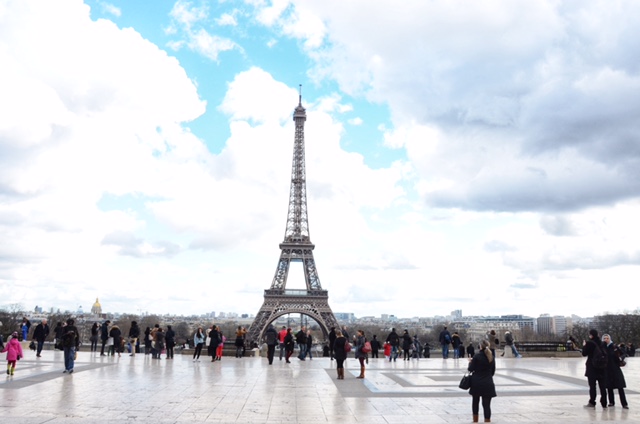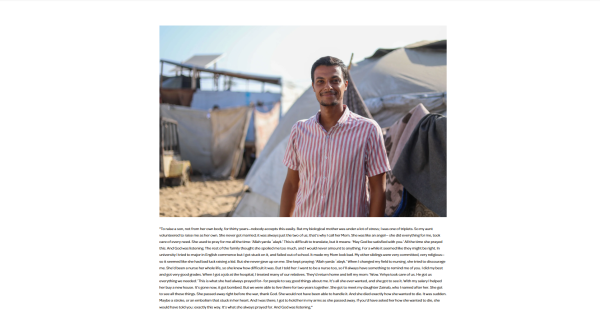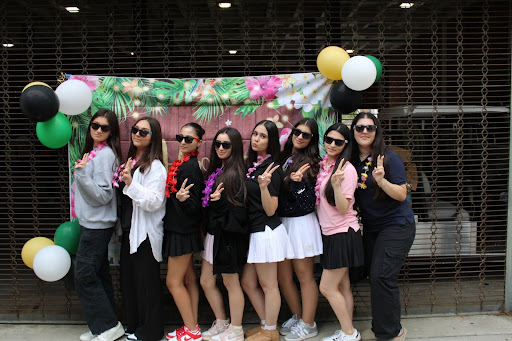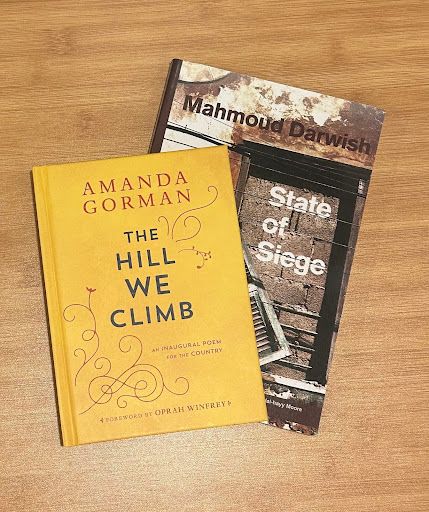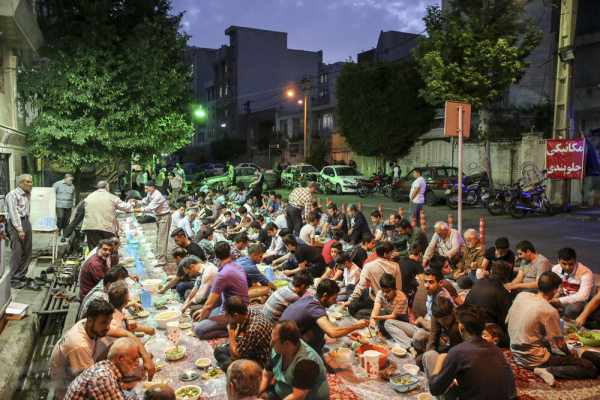Terrorism tears people apart one attack at a time
“Everyone thought they were going to die at that moment, and they were already saying their goodbyes to one another. It was a very tragic scene,” said sophomore Rima Mnatsakanyan. Mnatsakanyan was witness to the Nov. 2015 Paris attacks, a terrorist attack that killed 130 people and left hundreds tragically injured.
According to the United States Department of Defense, terrorism can be described as, “the calculated use of unlawful violence to inculcate fear…” Throughout the years, the term terrorism has been given to a wide variety of occurrences. Tactics used for terrorism have changed drastically since the 13th century, when the earliest conceptions of “terrorism” began.
“There are just so many sick and cruel people in this world who want the worse for innocent people,” said Mnatsakanyan while reflecting on her eye-opening experience.

Why do terrorists commit these acts of killing? Perpetrators who have committed terrorism in the past get their incentive by a number of things. Many terrorists who commit attacks do it for the satisfaction of their religion. For them, participating in a jihadist group and carrying out an attack lets them feel superior. They find their purpose of life in radicalized religion, according to New America.
Civilians’ faith in humanity is gradually declining each time we turn on the news to a new terror attack. Hearing about terrorism has taken a serious toll on the way in which people live their day-to-day lives and it continues to be an issue as it seems never-ending. Clark Magnet junior Renateh Moradian agrees, saying, “The more I hear about terror attacks, the more I gain fear to go out in public on a daily basis.”
Terrorism affects the world in many different ways. In a societal stance, it most obviously creates panic among citizens. It can be scary living during a time where civilians are risking their daily lives just by stepping out their doors. According to The Conversation, symptoms of Post-Traumatic Stress Disorder (PTSD) affect even those who are not directly exposed by a terror attack, which goes to show how heavily the media can initiate fear among civilians, making us vulnerable to attacks like these.
Terrorism also creates hatred among civilians. Certain religions may develop hatred towards other religions, who may be perpetrators of many of these attacks.
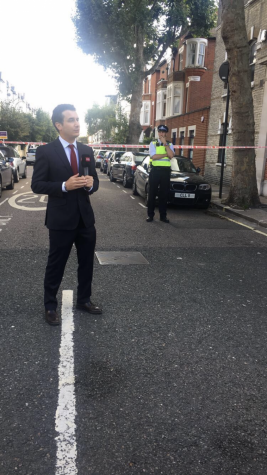
Two other large impacts from terrorism come in a political and economic perspective. Politically, it can be hard for countries, including the United States, to respond to many of these terror attacks. Economically, terrorism can lead to severe losses of infrastructure and businesses, which require the government to increase spending each year, according to Investopedia.
An increase in terror attacks may lead to less tourism in specific regions, such as Europe. “It’s risky to travel to places like Europe these days after hearing about so many attacks that kill many people,” Moradian said. As an example of an economic impact, after the 9/11 attacks, airlines suffered high financial losses, according to The Conversation.
There have been a number of terrorist attacks over the past years. Some have been larger, including the well-known 9/11 attack that killed 3,000 people.This attack was led by a few men who had relations with Al-Qaeda, a multi-national Islamist organization. They instigated suicide attacks by hijacking airplanes and crashing into the Twin Towers of New York. As an example of a smaller, but not any less-cruel, is the recent terror attack in Manchester, England during an Ariana Grande concert that killed 22 young civilians.
The Paris attack in 2015 was one of the largest terror attacks in history and resulted in the death of 130 people and left hundreds injured. Mnatsakanyan, who witnessed the tragedy, said she was not aware of the scope of the attack at the very moment in which it was occurring since the whole scene occurred so suddenly.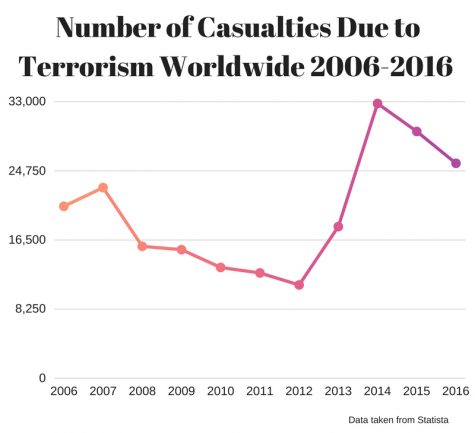 Eleen S
Eleen S
“All we could hear was people running to the back of the kitchen in the café that we were in and everyone was crying. There was not one person who wasn’t yelling or crying,” Mnatsakanyan said. “My mom was already giving her necklace to me and everything. She said if anything happened to call the police to take you back to your great-grandmother’s, who was the one we were visiting on the trip.”
Mnatsakanyan isn’t the only student who had the experience of witnessing a terror attack. Clark Magnet senior Michael Melkonian witnessed of the Parsons Green attack that occurred on Sept. 15 and was led by an 18-year-old man named Ahmed Hassan. Officials accused Hassan of planting a bomb at the Parsons Green station days before the occurrence.
“I got to my Airbnb and saw caution tape everywhere and later found out that there was a terror attack less than a quarter mile away from my Airbnb. That was pretty crazy experience. It was my introduction to England,” Melkonian said



